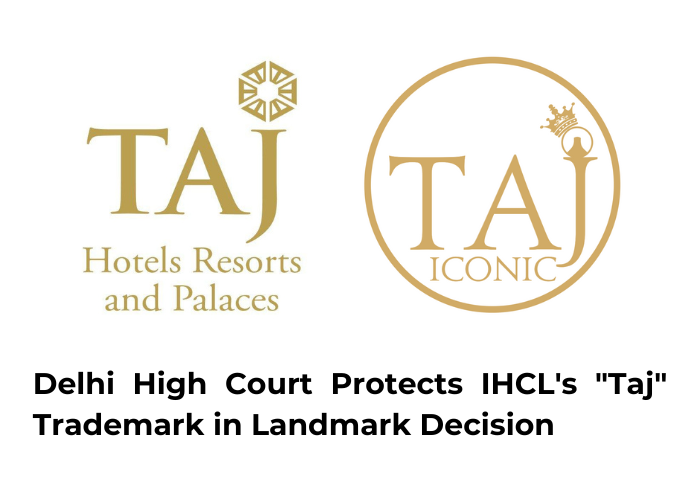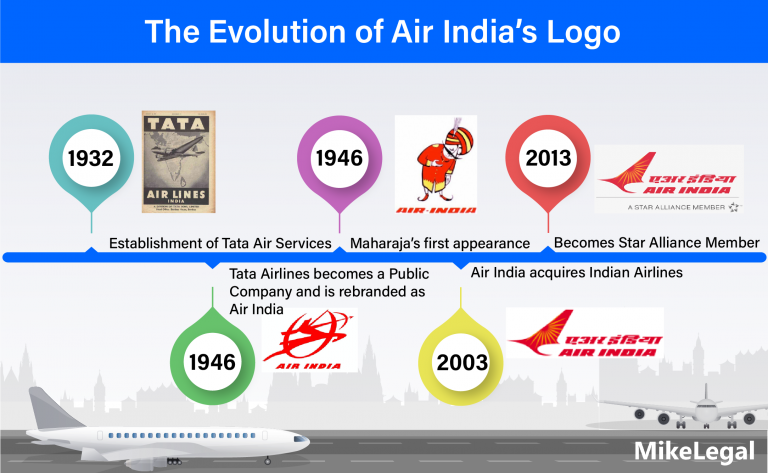IP Protection — necessity or luxury in COVID times?
Most start-ups are based on an innovative idea, thus the need to protect the innovation (patent) or the brand reputation (trademark) arises. Every start-up has something worth protecting. The protection of Intellectual Property (IP) is an important step, still the IP registration remains an afterthought. Once the fundamentals of choosing the right business is done, getting IP registered helps to differentiate from the competitors. It can also help in generating a future revenue stream for founders, and as the value of the IP increases, it may help in creating an international footprint. Registered IP can help to expand business in various ways, by deciding to license it, by protecting one’s products/services from being copied, or even strategically raising funds.
When the start-up matures, the importance of IP becomes evident especially when it comes to the fundraising. IT ministry (MeitY) director Ajai Kumar Garg on Thursday (February 20) said that the number of intellectual property rights (IPR) filings from start-ups have nearly doubled in six years. “The number of IPR filings in India has increased significantly. Earlier there used to be 4,000 to 4,500 IPR filings annually six to seven years ago, but today this number has nearly doubled in India,” he said.
The question during this pandemic situation is,
Whether to get the IP registered at the time of economic downfall or save it for the future?
The crisis caused due to pandemic, leading to lockdown, has led to disruptions…but fairy tales often happen at the time of crisis- various new software applications have launched, which are beneficial in some manner, or are a source of enjoyment for the people in their houses, thus, leading to new ideas. Lockdown has affected industries in a significant and long-lasting manner not only the start-ups but also the major stakeholders of industries are at loss. The journey of start-ups is tough already, getting a downfall of the economy has heightened it a little more. When everything has come to a flattened curve, the IP industry is no different. Even though there was a rise in the IP registration, getting it registered is important, but not mandatory. What now remains in question for start-ups is whether to use the capital as a running cost or get the IP registered as they need to plan the working capital requirements as well as the future growth.
While thinking about pre-COVID and post-COVID scenario, the reason for getting a patent registered remains the same: Securing an exclusive right to use in the market, ability to fetch investors, negotiate with the third party at a better rate. However, if currently, is not the time to launch the idea, or it cannot be manufactured, one may either delay the patent process or maintain it as a secret unless patented. The startups must use the lockdown time, to get the best out of their idea. They may research and develop it more, so the outcome is more comprehensive and better market fit. They can even brainstorm on the working of their competitors and figure out a way to be better than them.
On the other hand, if the Trademark registration is in question, and it is getting difficult for the start-ups to decide on it, they may choose to either delay the registration of the trademark in their country. However, if the mark can bring business in and around the current scenario, it is better to delay registration in other countries as trademark registration is based on territorial jurisdiction and gets protected only in countries where it is specifically registered. They may also choose to register only the key trademark and leave others for the time being.
The Government of India has recently extended Start-Ups Intellectual Property Protection (SIPP) Scheme from 1st April 2020 to 31st March 2023, as per the scheme, the start-ups, through registered facilitators, can file applications for the intellectual property they want to get registered in and just pay the statutory fees.
Small Industries Development Bank of India (SIDBI), is not far, and has started with COVID-19 Startup Assistance Scheme (‘CSAS’) to provide financial assistance and stability in order to adapt to economic impact. This is to provide interim support to one’s whose cash flow and liquidity has been adversely impacted.
Mr. Abhinav Kant-CEO, NITI Aayog points out in his article6 that India, post lockdown should not only be business-friendly but also IP friendly. So that any international start-up would find India to be the best place for faster IP regime. He along with the co-authors mentions that in-house organizations can help to motivate the innovations which will lead to more IP registrations from the country itself. Further, it states that an increase in awareness around the world through embassies and students abroad will also help to bring the attention of people around the globe towards the smooth and quick IP regime of India. Lastly, it points out that more investment should be put in R&D in order to promote and protect the industrial innovation.
Commonly said, if you are doing business, then you must be having a valuable IP, and, if it is valuable, one should take affirmative steps to protect it. Be it protecting the IP at the initiation of a start-up or keeping an open eye for infringements, what remains the fact, is that the COVID pandemic has made it difficult for the economy and individuals to sustain.
The Startups might have to take a tough call while deciding for the registration. But it gets obvious when you decide the launching period. If it is somewhere near, get the registration done right away, as your great idea can be worth copying. If the release is far off, it is okay to not register it right away but get it done at the earliest opportunity, as prior use also comes with a condition of goodwill so created. The latest idea is anyway more prone to infringement and may cause a huge loss if copied.
Author credit: Kritika Gandhi





